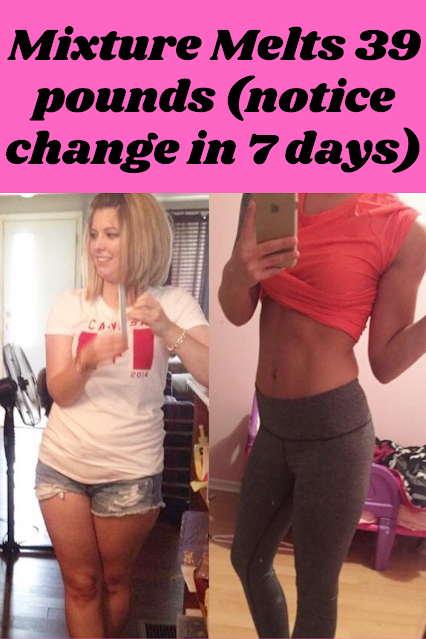What to eat on a Ketogenic diet
Most people do not have a clue concerning the relationship between their food intake and the weight gain. For most people, the type of meal does not matter. To them, the only means to cut weight is through a rigorous exercise. However, the best means to manage both weight and health is not inclined to yoga or accustomed feeding. If you are a few calories over or under, everything will even itself soon when you get into Keto diet. Keto diet, therefore, is a deficient carb diet that is low in carbohydrates and high-fat diet.
What is ketosis?
Ketosis is a natural process where one takes in low carb diet while the
body produces ketones which are utilized to provide energy, thus helping
one to survive during low food intake. During this process, fats are
broken down to release the energy.
What to eat on a Ketogenic diet
Rather than limiting portion sizes or
relying on extreme exercise, the low carb takes a different approach to
improve health. The best means to do this is through intentionally
avoiding too many carbohydrates. It is advisable to keep carb intake
below 50 grams per day. Your Keto diet should comprise of high amounts of healthy fats like coconut and olive oil, palm oil, and some nuts.
An additional meal to consider during ketosis is non-starchy vegetables.
The most popular choices to include in your meals include the broccoli,
asparagus, cucumber, zucchini and some cruciferous veggies.
Additionally, take in meals with high proteins but low in carb, like
grass-fed meat, organ meat, poultry, cage-free eggs, fish, and bone
broth. These proteins should be taken in moderate amounts.
Understanding Macros
Macros are the big three food that everyone has to take as a diet. These
are fats, proteins, and carbs. Scientifically, the body requires each
of these in a specific amount. However, the exact ratio of
macronutrients in your diet will vary depending on your current state of
health as well as the specific goals. Other factors that determine the
proportion of fat, carbs and protein include gender, age, level of
activity, and current body composition. It is worth noting that, there
exist some means to calculate the Keto diet macros available on the
internet and other reputable sources.
Health Benefits of Ketogenic diet
Weight loss
Transforming your own body into a fat-burning machine leaves several
benefits to those intending to cut weight. Ketosis increases fat burning
which reduces the excessive fats in the body. Further, the level of fat
storing hormone drops drastically. This is an ideal circumstance where
the level of fats will follow suit, by dropping.
Control of blood sugar level
The types of food that you take in determines the level of sugar in the
blood. The Keto diet naturally lowers blood sugar level. Scientifically,
ketosis has a means of reducing diabetes due to low-calorie content.
Diabetic patients should consider ketosis seriously.
Reduced risk of blood pressure and Diabetes
Apart from aiding in the shedding of extra weight, ketosis helps to
control the release of insulin hormone in the blood glucose. Insulin
plays a significant role in causing diabetes, especially type 2. Insulin
helps the body by storing simple sugars in the form of carbs. When the
supply of this carb is reduced through ketosis, it results in low
levels. Additionally, most of the blood pressure issues are associated
with excess weight. When a person gets into ketosis, a cut in weight is
known to have a spillover effect on the blood pressure issue.
Mental focus
The ketogenic diet is a catalyst for mental performance. Ketones are
known to be a pronounced source of fuel for the brain. Enormous spikes
of blood sugar associated with lower carb intake are known to affect the
brain concentration. Having ketosis results in increased focus and
concentration. Fatty acids affect the brains functionality positively.
Epilepsy
A ketogenic diet has also been known to reverse and treat neurological
disorders. Cutting off glucose levels forces the body to make use of
ketones for energy. This change is associated with modifying
neurological disorders since the brain is subjected to use an
alternative source of energy rather than the normal cellular pathways
that are impaired in patients with brain disorders.
The takeaway
Overall, it is apparent that going ketosis has a lot of health benefits.
Knowing what to take in your body, how to do it and when to do it is a
recipe for upgraded health. From the above knowledge, you are in a good
position to check the health status of your body through what goes down
your esophagus. Ketosis is a tool you use to maintain your body. In a
nutshell, what you take in your body matters a lot; it either invites or
chases away a disease.
I believe that anyone can succeed with the Keto diet. By researching it
and getting information now you already have shown an interest which is
the first step. You have the basic motivation you need, so now you just
build on that. Look into programs to see which one will fit you best and
get started on this life changing mission. In no time at all, you will
see the results other diets did not give you and you will feel and look
great!
One good program I can direct you to is: The 28-Day Keto Challenge
A very popular program that gives you a variety of easy daily recipes.
Good luck on your journey!





Kommentare
Kommentar veröffentlichen